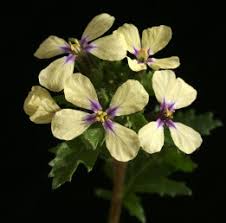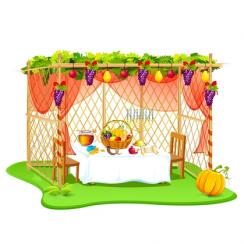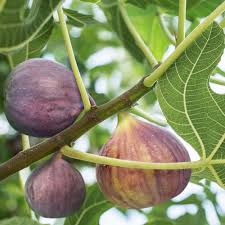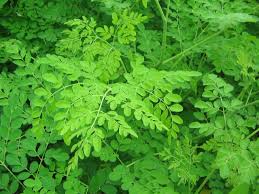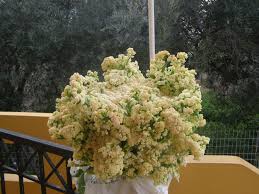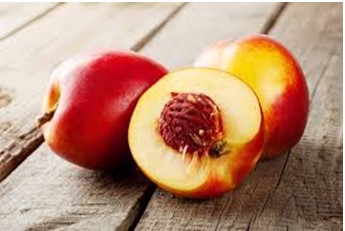The fact of the matter is, throughout the past week, it seemed like winter is not here at all.
August has passed and so has Sukkot, the last of the pilgrims, even those who glorified the event and actually walked (does anyone do that?) have already made it home, the decorations were removed, the sukkahs are stored in the attic, the etrogs have turned into jam and good mascot, but rain – none. Occasionally, a few promising gray clouds pass through the sky, slowing over head as if exploring the area and whether it's the right time – and then move on. Too small, there aren't enough of them to produce rain. And us? We wait. We prepare and pull out all the mascots that come to mind: write a farewell song to the sweet summer fruits, create small bunches of spices that smell like winter tea, and gleefully encourage any new members, vegetables arriving from the fields, just to make sure, it might be helpful.
One of the most prominent winter vegetable families, the sign on their door says "We happily live here thanks to the blessed rain" is the Brassicaceae family. Formerly known as the Cruciferae family. Does it sound like they are crossing fingers (we're willing to, if it brings rain to the fields)? The alternative older name, Cruciferae, originates from Latin and means "cross bearing". Members of the family include the cabbage, cauliflower, broccoli, tatsoi, mustard, and kohlrabi. What they all have in common is the structure of the flower, four petals, one pair perpendicular to the other, resembling a cross. This family is so successful, all of the plant parts are edible. The roots, stem, leaves and even the flowers. Each vegetable has it's most delicious and tasty part, and some have several delicious and healthy parts.
The crucifers love winter, which allows them to comfortably grow and breathe in the chilly and humid air as they store delicious carbohydrates in their roots. If the weather turns into a variable temperature swing – The crucifers will respond by growing pungent roots with a strong distinct taste. If the weather becomes too summery, hot and dry – the crucifers will resent it and become bitter; Whereas true wintery weather will be happily greeted, with thickened and sturdy roots, and large proud inflorescences.
As befits a wintry family, all crucifers are worthy of pickling.Some are tastier than others after spending time in a jar of salt. The cabbage, of course, is a classic European pickle: either with carrots or solo in a jar, neatly and tightly packed into glass jars or even into wooden barrels, is a symbol of wintery Europe where anyone who doesn't prepare in advance will have no vegetables available in winter (because there the winter is seriouslytough. You could try to imagine the meaning of "snow covers all the earth, no vegetables at all, none"). In the age of globalization this is of course less true, since supermarket shelves are packed with a delicious selection from distant countries, still Europeans are well accustomed to this tradition.
The daikon, radishes and turnip are also wonderfully pickeled. The Eastern (Japanese-Korean) version of pickles is more spicy than the European one. In its Israeli version, it consists of cabbage, carrots, sweet pepper and cucumber, with a little sugar, vinegar and salt. In Korea, it is customary to use a lot of hot pepper, garlic, onion and fish sauce as well – not sure this recipe will suit the Israeli palate. The advantage in kimchi is its speedy preparation – compared to the sauerkraut, which requires at least a few days of patience, the kimchi in its local version can be ready much faster. Allvariations of fermented organic vegetables are good and are both good for the stomach and contain friendly bacteria especially during winter sicknesses, which hopefully we will avoid (but in case they are not – it is always a good idea to have a jar with probiotic vegetables at home).
Yours,
Maggie's Garden Team
Forecast:
In the ORGANIC vegetable baskets we expect (draft only):
Cucumber
Tomato
Lettuce
Potato
Sweet potato
Pepper
Parsley
Pumpkin
Swiss chard
The LARGE organic vegetable baskets also include:
Beet
Coriander
Eggplant
In the ORGANIC fruit baskets:
Clementine
Orange
Banana
The large ORGANIC fruit baskets also include:
Dates – Brhai
Sweetie
New! New! The ORGANIC Green Basket:
Green onion
Celery
Spinach
Spinach
Dill
Kale
A kind of lettuce
Mint
Sprouts

